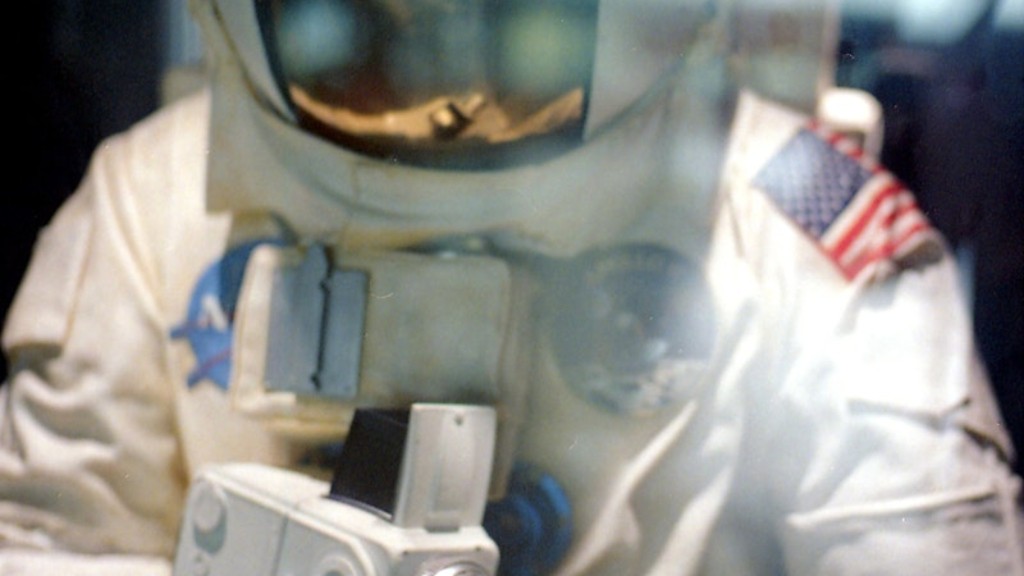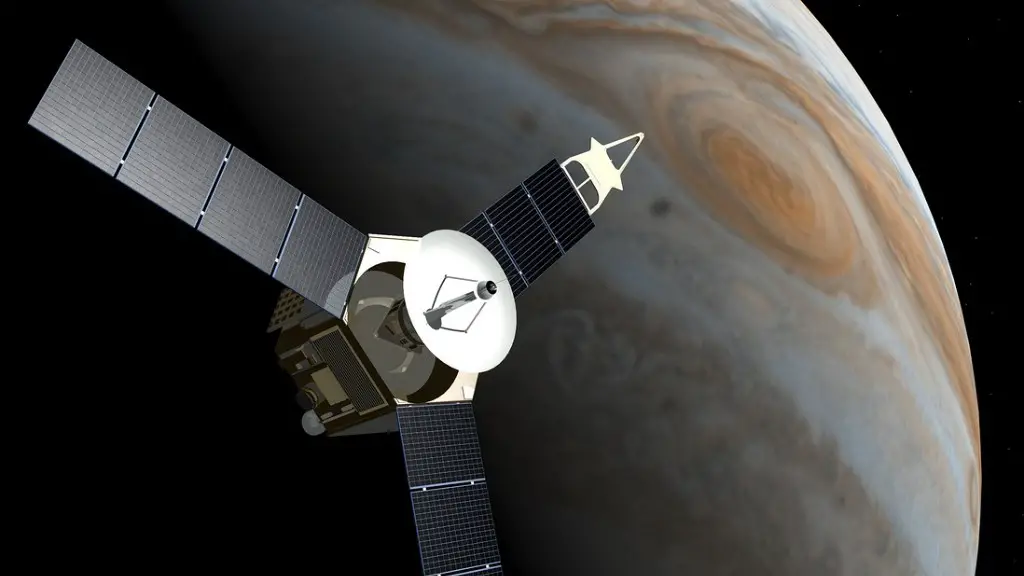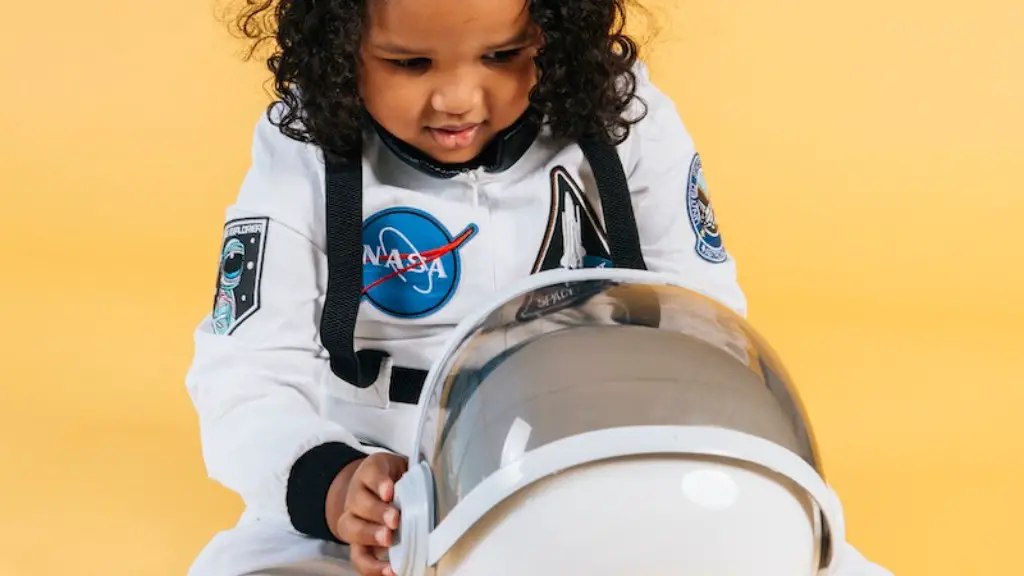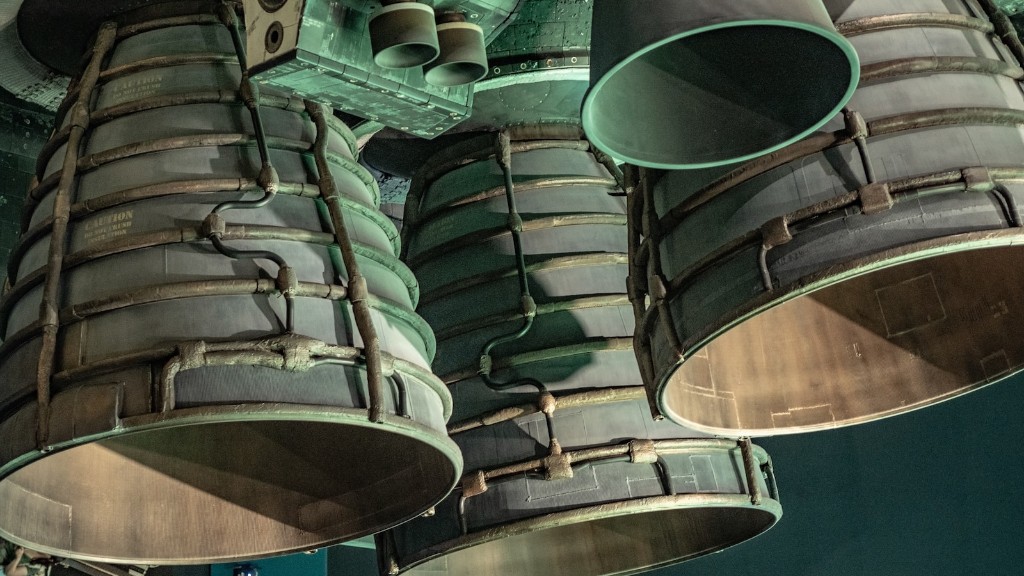NASA, the National Aeronautics and Space Administration, is an independent agency of the United States federal government responsible for the civilian space program, as well as aeronautics and aerospace research. NASA was established in 1958, and has since been responsible for a number of historic spaceflight accomplishments, most notably the Apollo Moon landing missions, the Skylab space station, and the Space Shuttle program.
Nasa is short for National Aeronautics and Space Administration. It is a government agency that is responsible for managing America’s civilian space program. The agency was founded in 1958.
What does NASA actually do?
NASA is a United States government agency that is responsible for science and technology related to air and space. The Space Age started in 1957 with the launch of the Soviet satellite Sputnik. NASA was created in 1958 in response to the launch of Sputnik. The agency was created to oversee US space exploration and aeronautics research.
Even though there are lots of opportunities to apply, it’s still difficult to get a job at NASA. If you want to get a job at NASA, you need to have high academic qualifications and diverse experiences. NASA employs more than just astronauts.
How does NASA make its money
Each year, federal agencies receive funding from Congress, which is known as budgetary resources. In FY 2023, the National Aeronautics and Space Administration (NASA) had $1486 Billion distributed among its 1 sub-components. Agencies spend available budgetary resources by making financial promises called obligations.
NASA is a space exploration agency that designs, builds, and operates spacecrafts and satellites. Its satellites help scientists learn more about Earth, and its probes explore the solar system and even farther away. NASA scientists study the data collected by these probes to learn more about our place in the universe.
Who is the owner of NASA?
The National Aeronautics and Space Administration (NASA) is an independent agency of the US federal government responsible for the civil space program, aeronautics research, and space research.
Astronauts who work for civilian agencies like NASA earn a base salary of $104,898 per year. However, their salaries can increase to $161,141 per year. Furthermore, SpaceX founder Elon Musk said that he would be willing to pay his astronauts up to $500,000 for a trip to Mars.
What college does NASA hire from?
The University of Houston is responsible for training a large portion of NASA’s workforce. 12% of all NASA employees got their education at the University of Houston. This university has the highest number of college graduates employed at NASA. A close second is the University of Maryland, with 111%.
In order to run for President of the United States, candidates must meet a number of requirements set by the Constitution. One of those requirements is that they must be at least 16 years of age. This requirement helps to ensure that candidates have the maturity and experience necessary to serve as President.
Is NASA a high paying job
The average salary for NASA employees is $64,000. However, salaries vary greatly by department and position. The bottom 10th percentile of earners make less than $31,000 per year, while the top 90th percentile make over $102,000 annually.
A dollar spent on NASA has a greater economic impact than a dollar spent on any other federal agency. For every dollar invested in NASA, the US economy benefits by $8. This is because NASA’s budget drives technological advancements that improve our everyday lives.
How much does NASA get paid?
The National Aeronautics and Space Administration (NASA) is a government agency that is responsible for the country’s civilian space program and aerospace research. NASA pays its employees an average of $97,507 a year. Salaries at NASA range from an average of $62,038 to $151,310 a year.
The report found that NASA’s work in fiscal year 2021 generated an economic output of over $71 billion. The report found that NASA’s work in fiscal year 2021 generated an economic output of over $71 billion.
How long is one day in space
The ISS has a shorter day than the Earth because it orbits the Earth faster. It takes just over 90 minutes for the ISS to complete one orbit around the Earth, compared to the Earth’s day of 24 hours. This is because the ISS is traveling at a speed of approximately 17,000 miles per hour, whereas the Earth rotates on its axis at a much slower speed.
In space, there is no “up” or “down” and astronauts can float around freely. To sleep, they strap their bodies loosely into small sleeping compartments using sleeping bags. This allows them to sleep anywhere and facing any direction.
How many humans live on the moon?
As of 2022, there is no human population on the moon. The moon has been visited multiple times by humans, but the longest anyone has stayed is 12 days (NASA’s Apollo 17 mission in 1972). There is currently no infrastructure in place to support a permanent human population on the moon.
The company’s 14 missions will see it bring astronauts and cargo to the International Space Station (ISS) under NASA’s Commercial Crew program. It builds on a contract NASA awarded to SpaceX in 2014, which also allowed Boeing to transport astronauts to the space station.
Conclusion
Nasa is a government agency that is responsible for the United States space program. The agency is responsible for the development of rockets and spacecraft, and for the research and exploration of space.
Nasa is a government-funded agency that is responsible for the exploration and development of space. The agency is divided into four main divisions: Aeronautics, Space Technology, Science, and Human Exploration and Operations. Each division has a specific focus and area of responsibility. Nasa works to further our understanding of space and the universe, and to develop new technologies that can be used in space exploration.





